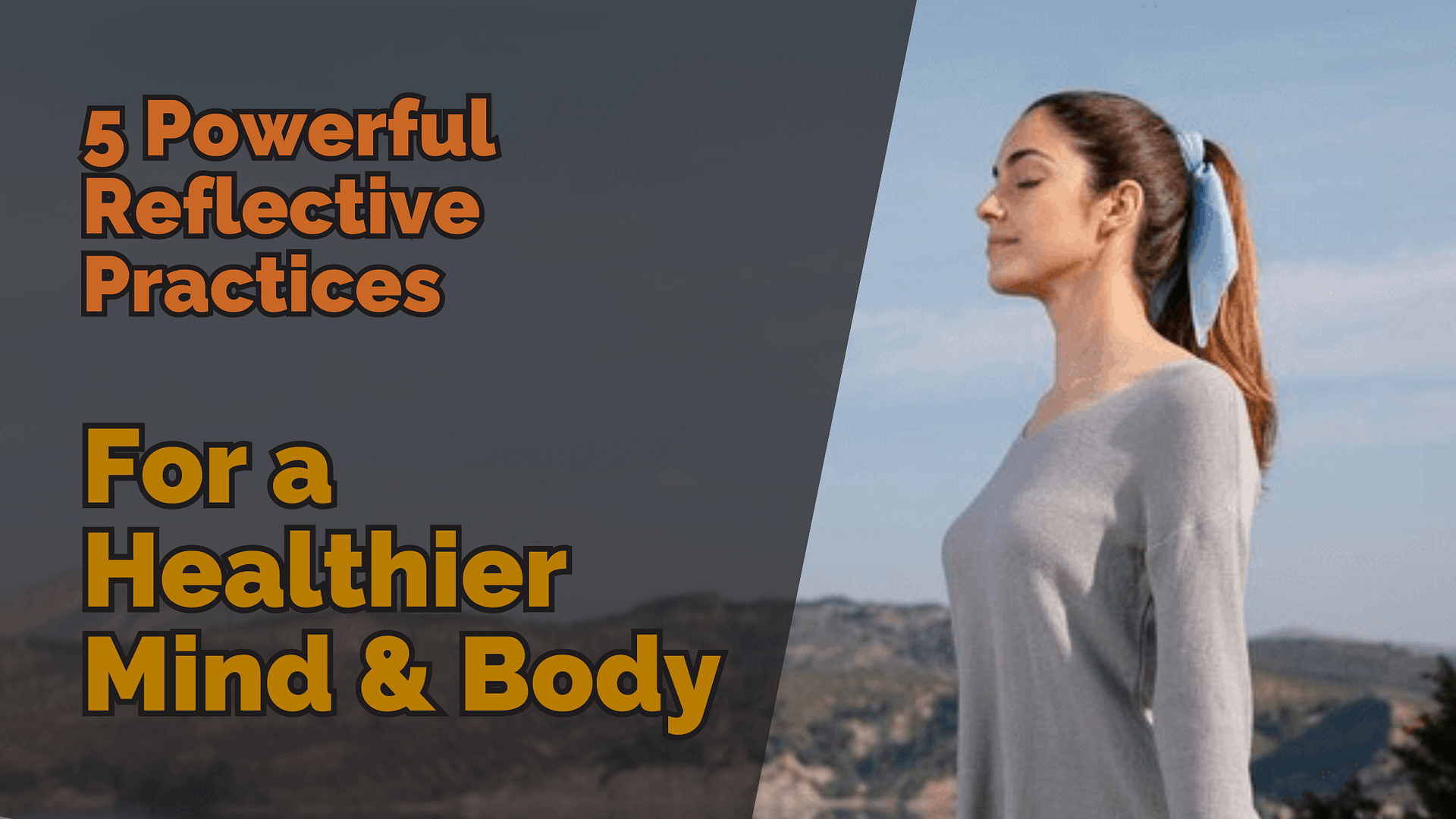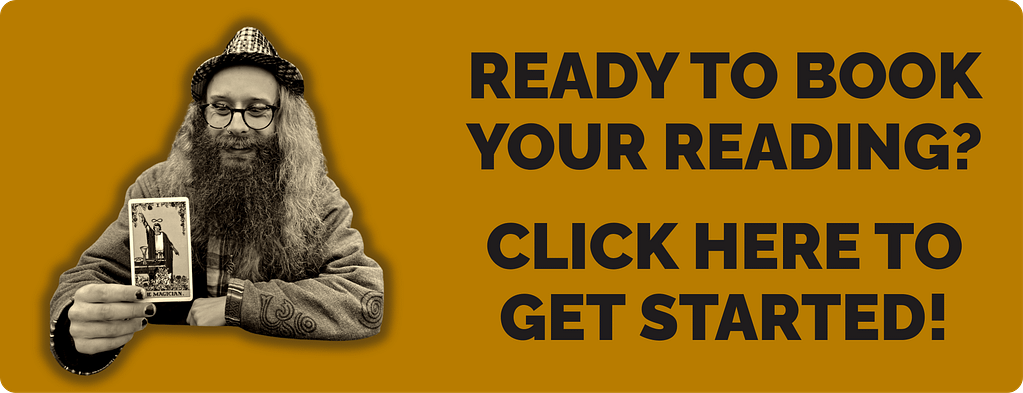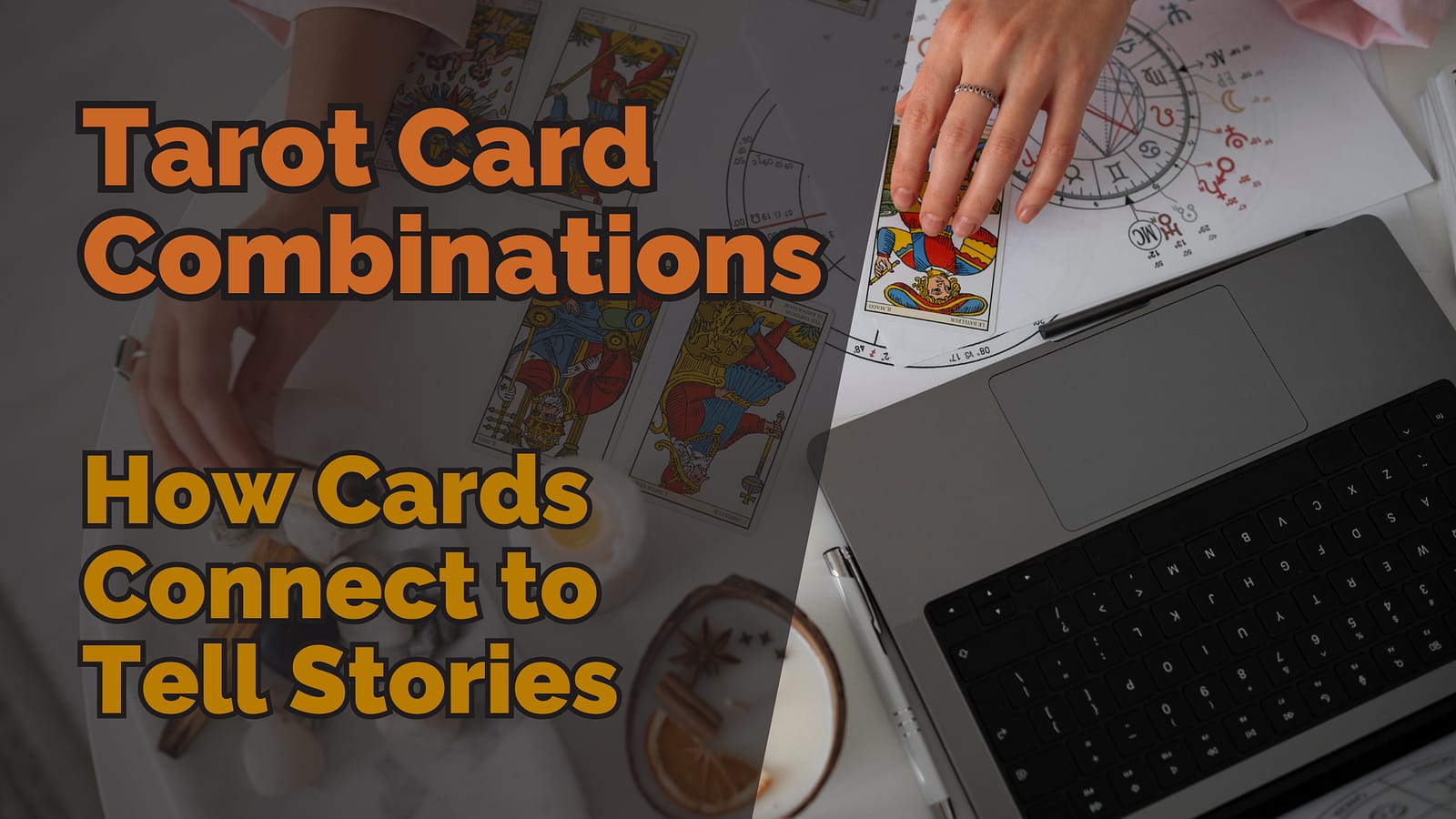
Table of Contents
We are often occupied with tasks and business, leaving little time to consider ourselves and how we may grow. Still, we should give our ideas and emotions some thought. It clarifies why we believe and behave as we do. This knowledge helps us to make wiser decisions concerning our well-being and health. In this post, we’ll discuss the benefits of reflective practices and provide simple daily advice.
The Mind-Body Connection
Your ideas, feelings, and physical condition are related. Your body reacts physiologically to stress, anxiety, or unpleasant emotions to affect your general state of health. On the other hand, when you follow activities that encourage relaxation and happy emotions—like meditation or thankfulness journaling—you can enhance your physical condition and stress resistance.
This complex mind-body link emphasises the need to treat our mental and emotional well-being in tandem with our physical condition. Reflecting and developing self-awareness helps us to grasp better the elements influencing our general well-being, thereby enabling us to make wise decisions supporting a better, more balanced lifestyle.
The Power of Self-Awareness
Self-reflection is built on self-awareness. It is being present with our ideas, emotions, and physical sensations without regard for judgement. Growing self-awareness helps us to see our patterns of behaviour and thinking, thereby enabling us to make deliberate decisions in line with our beliefs and objectives.
Tarot is one effective reflective practice for increasing self-awareness. Tarot cards act as a mirror, reflecting the facets of ourselves we might not always be able to perceive clearly. Understanding our inner landscape and the chances and difficulties we encounter can help us interpret the symbolism and archetypes in the cards. This can be a transforming event that clarifies our subconscious ideas, feelings, and driving force.
Reflective Practices for a Healthier Mind and Body
Journaling
One very effective method for introspection is to jot down our ideas and emotions. Whether your preferred method is free writing, responding to prompts, or utilizing a disciplined diary such as a tarot journal, the act of putting pen to paper will help you organize your events and find clarity. Additionally, journaling is a therapeutic outlet, which helps you process feelings and develop a better knowledge of yourself.
Meditation
Focusing on the present moment—including our breath, bodily sensations, and thoughts—mindfulness meditation helps us Practice nonjudgemental awareness and learn to see our ideas and feelings without becoming entangled in them. Greater emotional control, less stress, and general well-being can follow from this. Including meditation in your everyday schedule can be a transforming habit that helps you grow in inner calm and clarity.
Body Awareness
Our body provides a great reservoir of knowledge regarding our mental and emotional condition. Through focused awareness of our physical experiences, we can learn much about our emotions and wants. Practices include yoga, Tai Chi, and body scans to help us develop a closer, more complex relationship with our bodily experience. This increased awareness allows us to grasp the complex mind-body relationship better, supporting general well-being and a more harmonic and balanced life.
Gratitude
Saying thanks to the people, events, and blessings in our lives will help us greatly change our perspective from what is lacking to what we have. Maintaining a gratitude diary, writing sincere thank-you notes, or pausing every day to consider what we are thankful for will help us increase our mood, resilience, and general well-being. Developing a grateful attitude improves not just our attitude to life but also our emotional stability and relationships. Accepting thanks can have a great, transforming effect on our mental and emotional well-being, enabling us to lead more joyful, contented lives.
Reflection Rituals
Establishing continuous self-reflection rituals will enable us to do so. This can entail scheduling time for tarot reflection, meditation, or journaling either morning or evening. Regular self-reflection helps us to develop more self-awareness and bring about good changes in our lives. Setting aside a specific area and schedule for these activities will enable us to prioritise our health and develop awareness and intentionality in our daily lives.
The Transformative Power of Coaching and Workshops
Attending coaching or workshops is one effective approach to deepening your self-reflection. A qualified coach can offer direction, encouragement, and responsibility as you pursue your development objectives. Conversely, seminars present a chance to investigate fresh ideas, network with like-minded people, and learn from professionals.
Whether your preferred method of working with a coach is one-on-one or in a group class, these encounters can be transforming reflective practices. Leveraging the knowledge and insights of others will help you to discover fresh approaches of thinking, clarify your objectives, and provide you with the tools and ideas required to bring about significant changes in your life.
Conclusion
Self-reflection is one of the best tools for better mind, body, and personal development. By developing self-awareness, finding reflective practices, and strengthening our links to our bodies and emotions, we can make deliberate decisions that fit our beliefs and objectives. Whether you investigate tarot, journaling, meditation, or another introspective technique, the secret is to discover the reflective practices that suit you and include them regularly in your life.
Explore how tarot readings can enhance your self-reflection journey. Book a self-care tarot reading session with me, available in Manchester or live on Zoom. Visit my website to discover more and schedule your session today.






